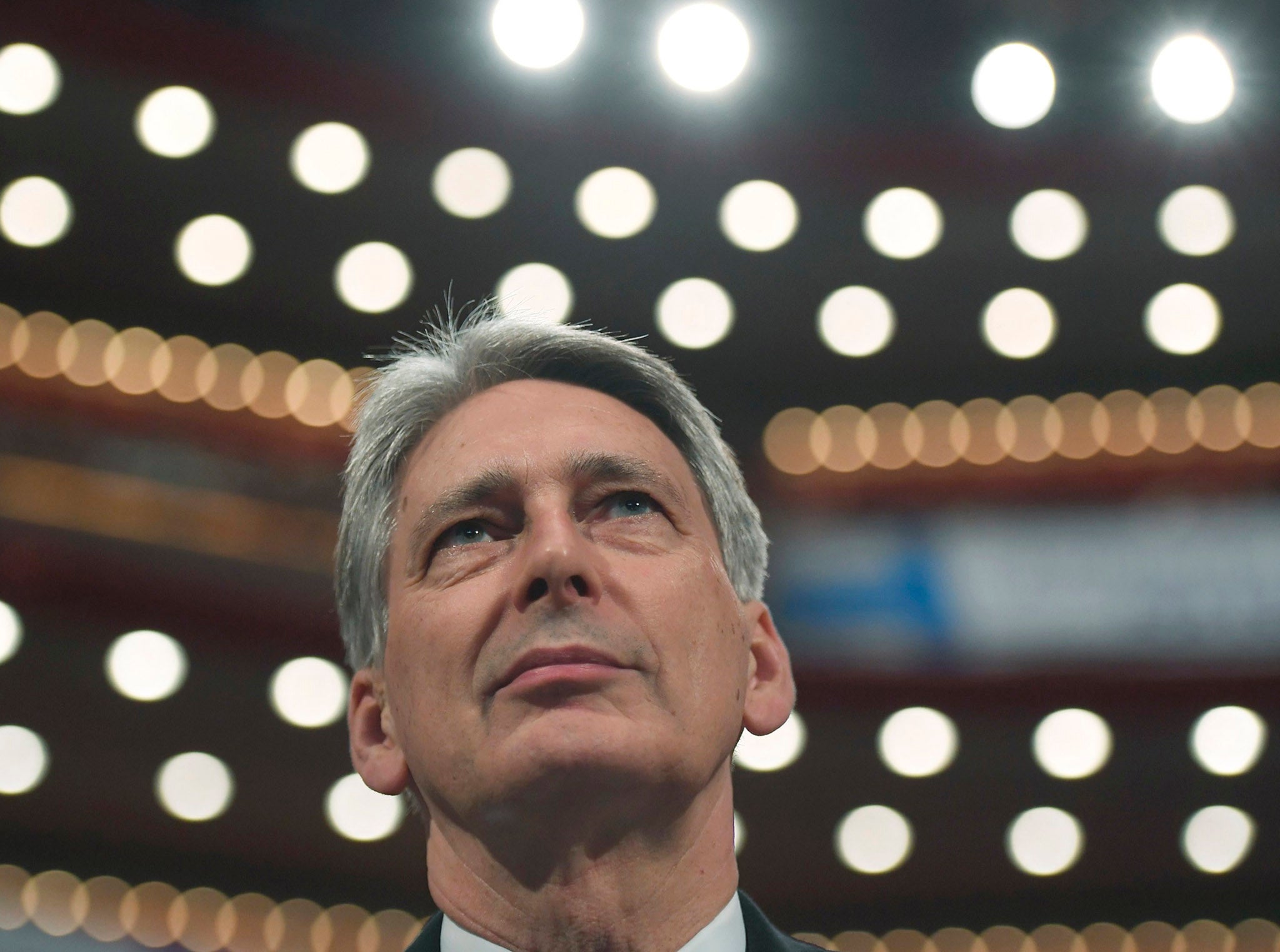Your support helps us to tell the story
From reproductive rights to climate change to Big Tech, The Independent is on the ground when the story is developing. Whether it's investigating the financials of Elon Musk's pro-Trump PAC or producing our latest documentary, 'The A Word', which shines a light on the American women fighting for reproductive rights, we know how important it is to parse out the facts from the messaging.
At such a critical moment in US history, we need reporters on the ground. Your donation allows us to keep sending journalists to speak to both sides of the story.
The Independent is trusted by Americans across the entire political spectrum. And unlike many other quality news outlets, we choose not to lock Americans out of our reporting and analysis with paywalls. We believe quality journalism should be available to everyone, paid for by those who can afford it.
Your support makes all the difference.Britain's most respected economic think-tank has backed the Chancellor's decision to raise the rate of National Insurance for self-employed workers.
The Institute for Fiscal Studies said the previous NI setup distorted the labour market that this change would go some way to fixing the problem.
The tax changes would see millions of self-employed workers pay an average of £240 a year more than they currently do. Ministers say those earning £16,250 or less will pay less than they do now.
IFS director Paul Johnson described the policy as "a modest but welcome change designed to shore up the tax base and create a slightly less unequal playing field between the self employed and employees".
The think-tank however criticised the other main tax policy in the Budget, the Government's decision to reduce the size of the personal tax free allowance for share dividend payments. Mr Johnson said that policy "does not look like coherent policy making".
Mr Johnson said: "Clearly the most controversial announcement yesterday was the increase in self-employed NI rates. This appears to break a foolish manifesto commitment not to raise any of the major taxes.
"On the other hand it is a small change taking a small step to correcting a big problem with the current tax system. That problem needs a much more thorough review and strategy to deal with it, as do many other problems in the tax system.
"If politicians continue to make silly manifesto pledges about not changing taxes and the rest of us resist sensible changes such as this we will end up with the tax system we deserve – inefficient, inequitable, complex and increasingly unable to raise revenue in the face of a changing economy."
The pronouncement is good news for the Chancellor, who has come under fire from Conservative MPs and opposition parties who worry that targeting self-employed workers for tax increases will not be popular.
Treasury officials say 2.5 million people will be hit by £240 a year by the NICS class 4 change. The number of people seeing a NICS rise in April 2018 when it comes in will fall to 1.6 million because of the move to abolish class 2 NICS previously announced JIC.
Labour said yesterday that it was “clear the Tories have broken their manifesto promise in order to hit low and middle earners with the sole-trader tax while continuing with tax giveaways for the super rich and corporations”.

Join our commenting forum
Join thought-provoking conversations, follow other Independent readers and see their replies
Comments